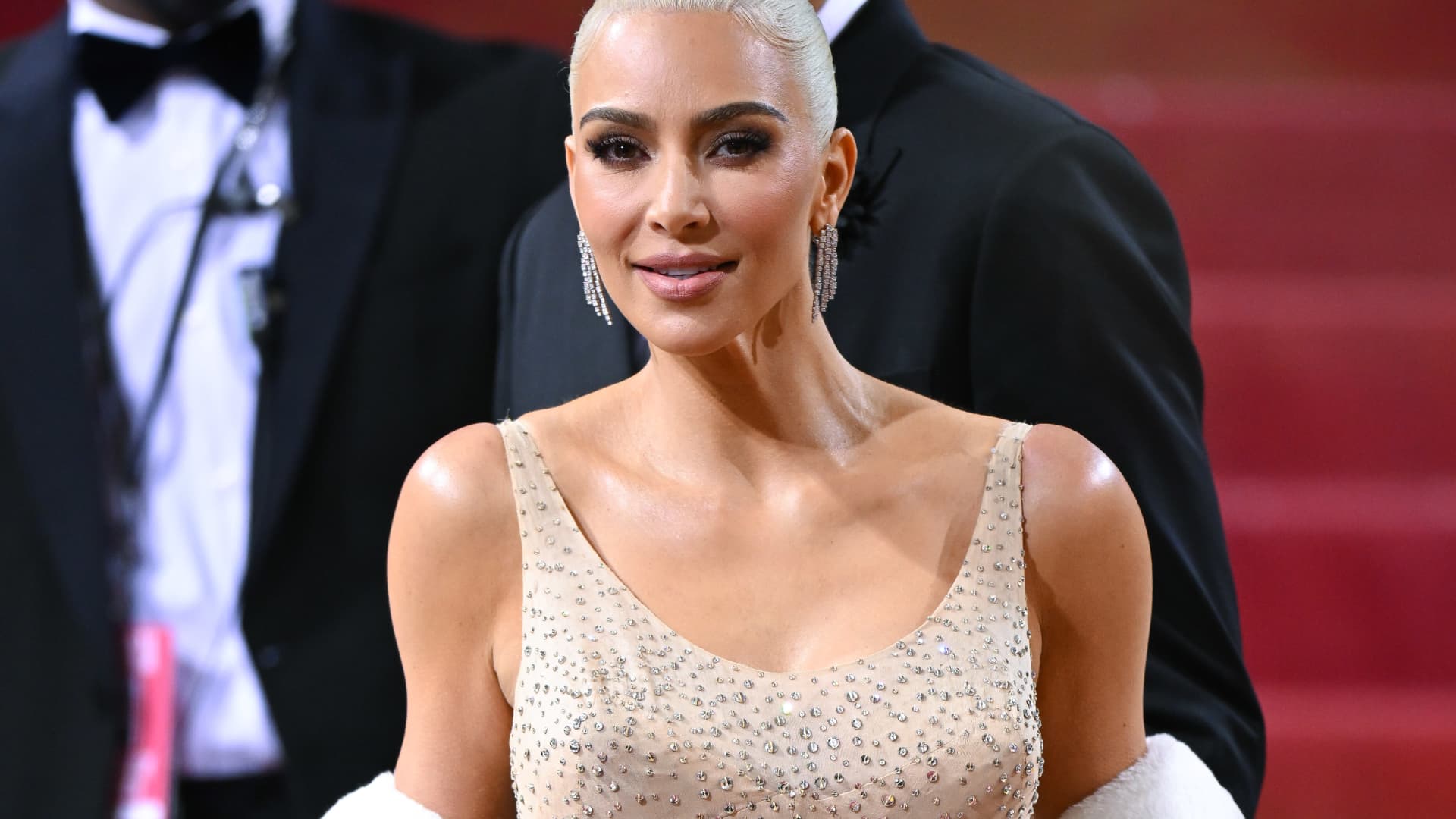Kim Kardashian’s crypto misadventure has landed her in hot water with federal regulators.
The reality TV superstar and influencer has settled Securities and Exchange Commission charges that she failed to disclose a payment she received for touting a crypto asset on her Instagram feed, the agency announced Monday morning.
“This case is a reminder that, when celebrities or influencers endorse investment opportunities, including crypto asset securities, it doesn’t mean that those investment products are right for all investors,” Gary Gensler, chairman of the SEC, said in a news release.
Representatives for Kardashian didn’t immediately respond to a request for comment.
Kardashian, who is reportedly worth $1.8 billion, agreed to pay $1.26 million to settle the charges over a promotion on Meta‘s Instagram for EthereumMax’s crypto asset, the SEC said. She will also cooperate with an ongoing investigation, and has agreed to not promote crypto securities for three years, the regulator added.
However, Kardashian, who has built a media and lifestyle empire, neither admitted to nor denied the regulator’s findings, the SEC said.
Kardashian has already felt regulatory heat over her EthereumMax promo, which she posted on Instagram in June of last year. She started the post by asking her millions of followers, “ARE YOU INTO CRYPTO??? THIS IS NOT FINANCIAL ADVICE BUT SHARING WHAT MY FRIENDS JUST TOLD ME ABOUT THE ETHEREUM MAX TOKEN.”
Investors sued her, former NBA star Paul Pierce and superstar boxer Floyd Mayweather Jr. earlier this year over their promos for EthereumMax, accusing them of artificially inflating the value of the asset.
The SEC on Monday said Kardashian failed to report that she was paid $250,000 to publish a post about EMAX tokens, a crypto asset offered by EthereumMax. The post, which featured the hashtag “#ad,” included a link to the EthereumMax website, which gives users instructions about how to buy the tokens, the regulator added.
Her failure to disclose the payment was a violation of federal securities laws, the SEC said. She agreed to pay $260,000, which includes the payment she received, plus interest, in addition to the $1 million penalty, the agency added.
